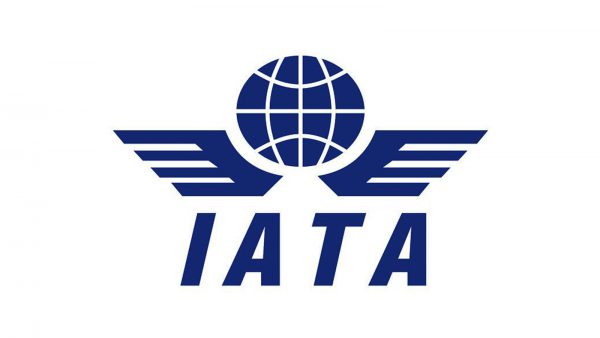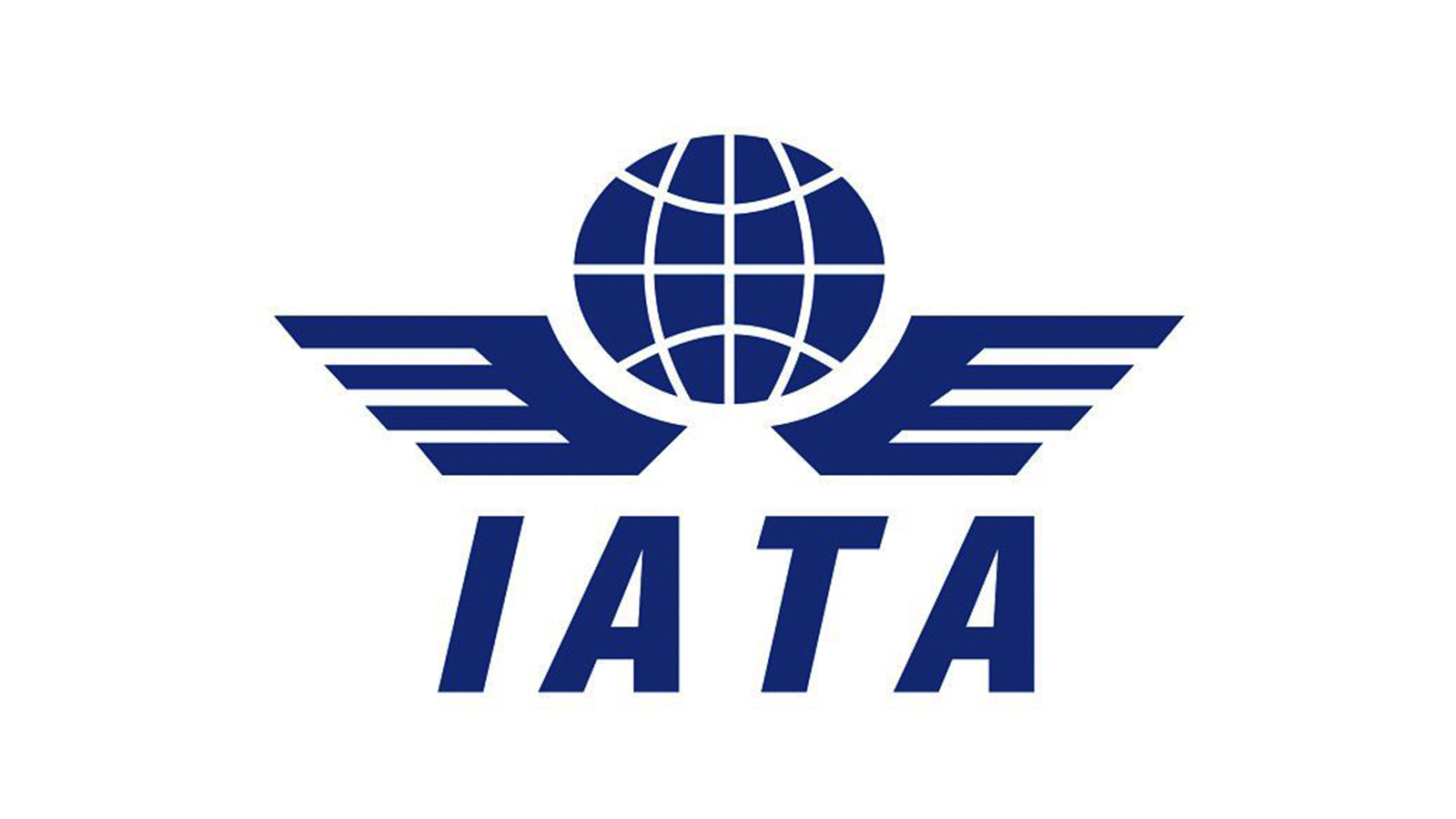GENEVA, 23 March 2020: The International Air Transport Association (IATA) welcomed decisions taken by aviation regulators to provide flexibility to airlines and flight crew during the COVID-19 crisis.
“Safety is the industry’s top priority. Countries have a well-established licensing system to ensure this. Airlines and their employees are facing an unprecedented challenge in coping with the business and operational impacts of the COVID-19 crisis. In this extraordinarily difficult environment, we are grateful for actions to ease regulatory requirements that do not impact the safety of flights,” said IATA’s senior vice president, safety and flight operations, Gilberto Lopez Meyer.

Key decisions
- The European Aviation Safety Agency (EASA) has published templates which may be used by state regulators to notify EASA of the use of flexibility provisions. This allows for the extension to the validity periods for licences, ratings, endorsements, certificates and attestations of aircrew, instructors, examiners, aircraft maintenance licence holders and air traffic controllers as well as an extension of Airworthiness Review Certificates.
- The United Arab Emirates General Civil Aviation Authority (GCAA) has published a Decision allowing for flexibility to the validity periods for licenses, ratings, certificates applicable to Flight Crew and Cabin Crew.
- Civil Aviation Administration of China (CAAC) has recognized the need for flexibility in the delivery of classroom training and for the completion of recurrent training requirements. They have also granted the ability to extend the validity periods to some elements of training applicable to pilots, engineers, cabin crew and dispatchers.
- The UK Civil Aviation Authority has put a process in place to allow an extension to the validity of pilot and cabin crew requirements.
- In Mexico, the Agencia Federal de Aviación Civil, (AFAC) is extending the validity of permits, licenses and/or certificates for technical personnel for three months.
IATA is also offering help for airlines whose IATA Operational Safety Audit (IOSA) cannot be performed owing to Covid-19 travel restrictions that make it impossible for auditors to visit airlines, or because of other circumstances related to the current crisis.
Extensions of IOSA audits are being offered for periods of up to six months. Airlines will be required to complete an IOSA safety questionnaire at a minimum of every 60 days during the extension period. The applicable Temporary Revision to the IOSA Program Manual (IPM) and affected registrations on the IOSA Registry can be consulted at www.iata.org/iosa.







